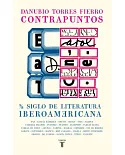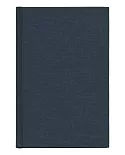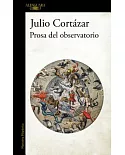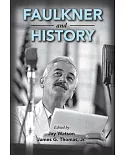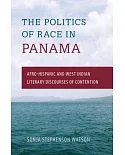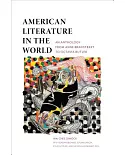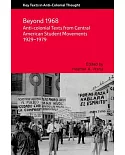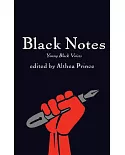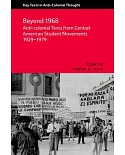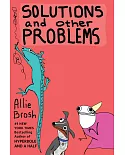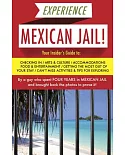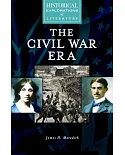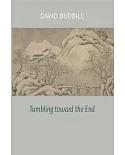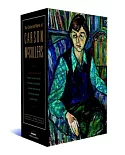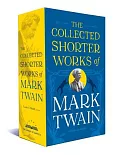They came armed with preconceived notions and the conviction that they were worthy of assessing the society and culture of a land which did not have the good fortune to be French. Massé, de
Hauranne, Ampére and Granier de Cassagnac came to Cuba in the grand tradition of travel writing, which reached its apex in the nineteenth century, participated in every cultural collision
possible, and coerced readers to think like them. Joseph (foreign languages, Suffolk County Community College, New York) takes a fascinating subject and makes it lively with interpretations of
the writer’s responses and interesting insights on non-Hispanic influence on perceptions of Cuba. The result is complex but accessible and provides new foundations for studies of colonial
processes, the Other, and the spread of misinformation from one cultural commentator to another and thence to an otherwise uninformed public. Annotation ©2008 Book News, Inc., Portland, OR
(booknews.com)


